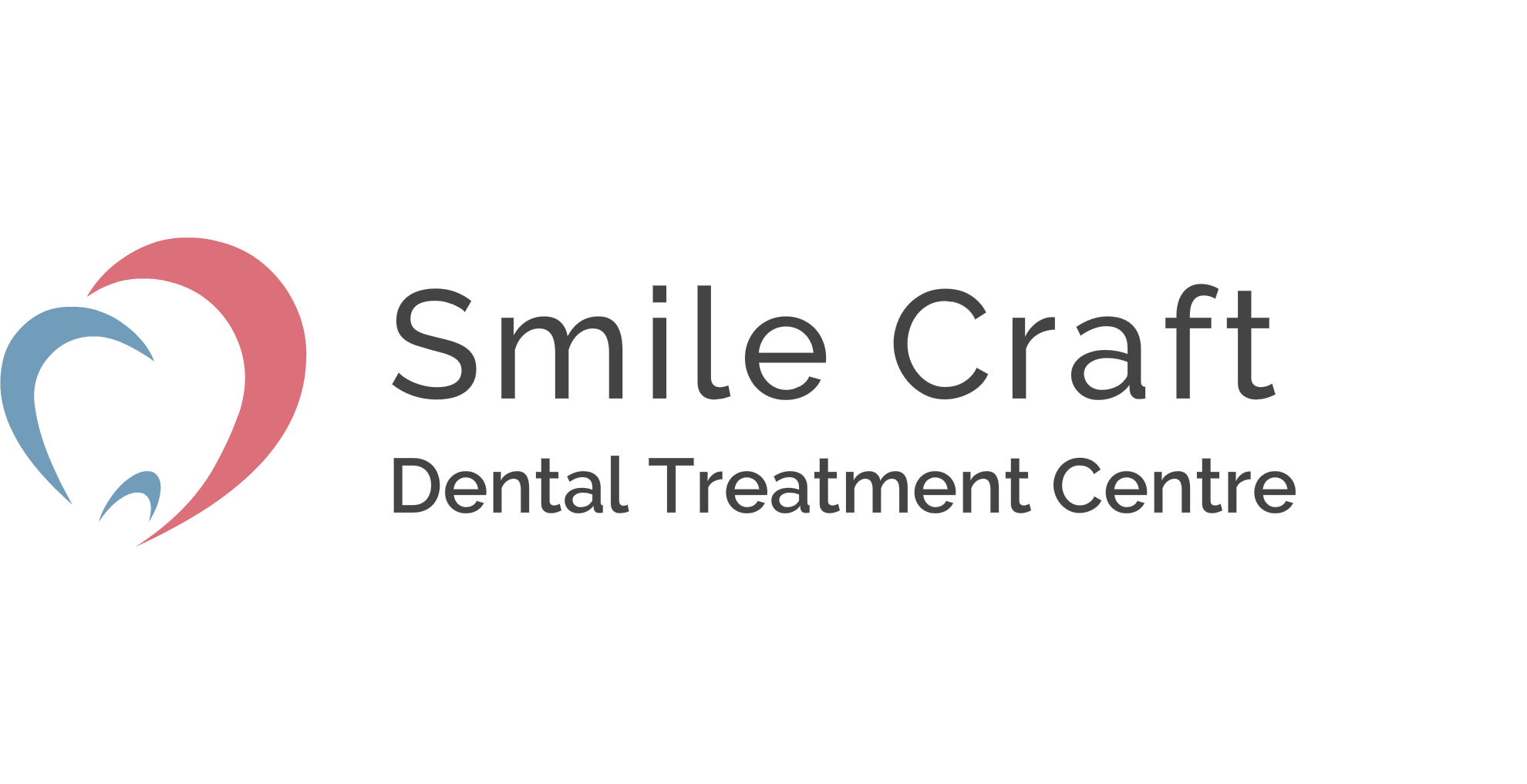- Home
- Dental Care
Dental Care
Dental And Oral Health Care
An Ounce of Prevention is Worth A Pound of Cure
Oral and Dental health care is an important part our our overall wellbeing.
Poor dental health affects our ability to eat, speak, smile, and show emotions. It also affects a person’s self-esteem, school performance, and attendance at work or school.
Oral diseases — which range from cavities and gum disease to oral cancer —cause pain and disability for millions.
Maintaining a vibrant, healthy smile for life begins with prioritizing preventive dental care. This approach involves a variety of routines and behaviours designed to control dental issues before they escalate.
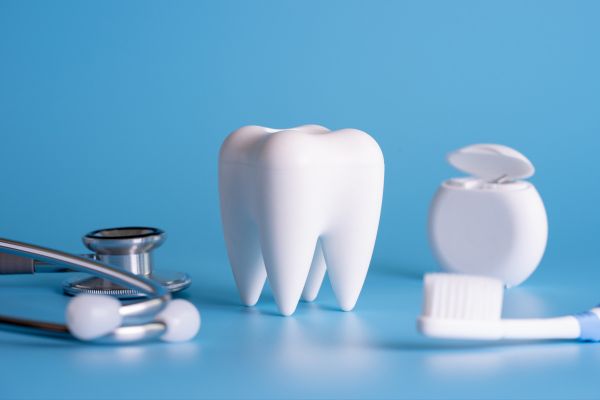
Advantages of Preventive Dental Care
- Preserve your finances by avoiding costly treatments.
- Steer clear of discomfort associated with dental problems.
- Bask in the confidence of a radiant, healthy smile.
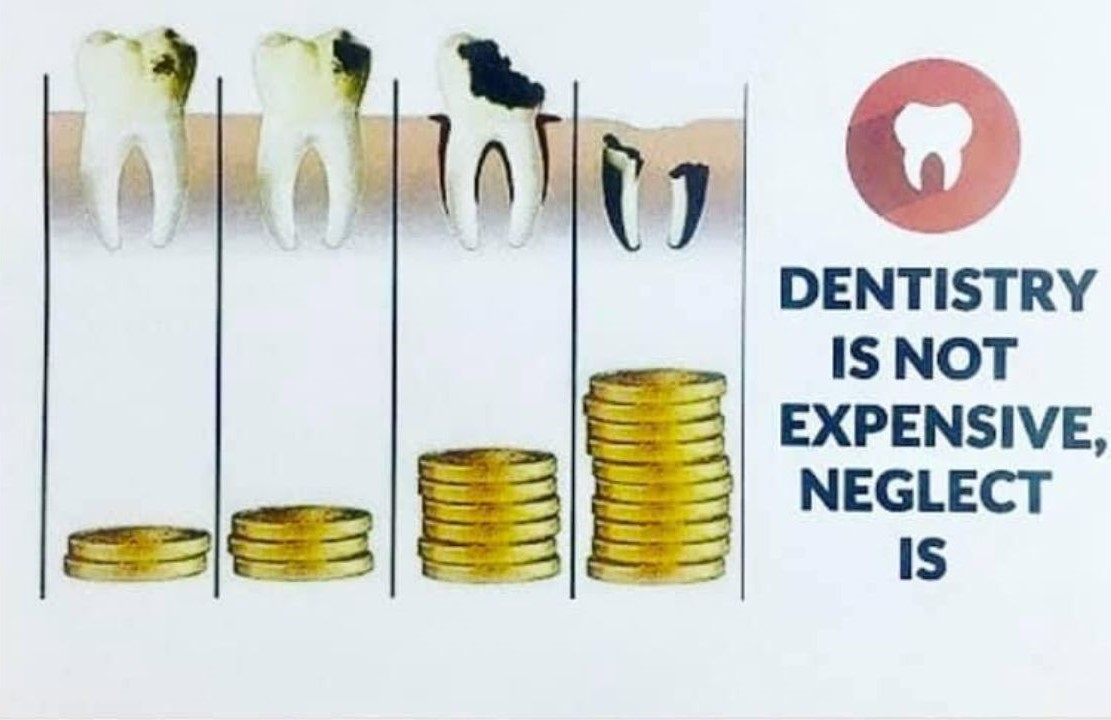
Unlock Your Best Smile: 5 Tips For Healthy Teeth And Gums

1. Ditch the Sugar:
Say goodbye to fuzzy teeth! Plaque thrives on sugar, causing trouble in your mouth. Watch out for sneaky sugars hiding in “healthy” foods like yogurt and sports drinks. Limit the sweets, reduce the bacterial breakdown and thus safeguard your smile!

2. Brush Like a Boss:
Brushing Twice a day keeps the cavities away! Follow the golden rule: 2 minutes, twice daily, with fluoride toothpaste. Don’t rush! Give every tooth some time and those sneaky cavities wont be able to form.
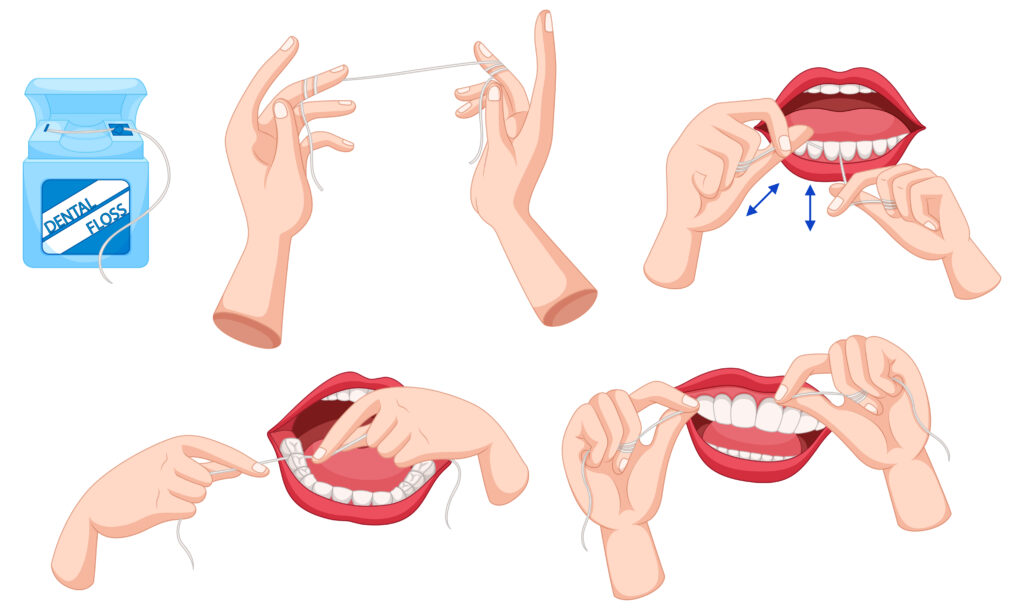
3. Floss Like a Champion:
Wage war on hidden plaque! Flossing daily is your weapon against bacteria hidden in plaque lurking between teeth and along the gum line.
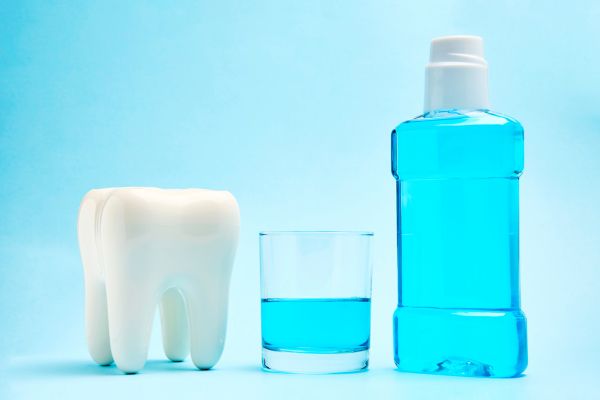
4. Rinse and Shine:
Strengthen your enamel with fluoride mouth rinse! Blast away lingering plaque and food bits, leaving your mouth feeling fresh. Ask your dentist for the perfect rinse to fit your smile.

5. Dental Checkups, Every 6 Months:
Keep your smile in top shape with biannual dental visits. Prevention is always better than cure.
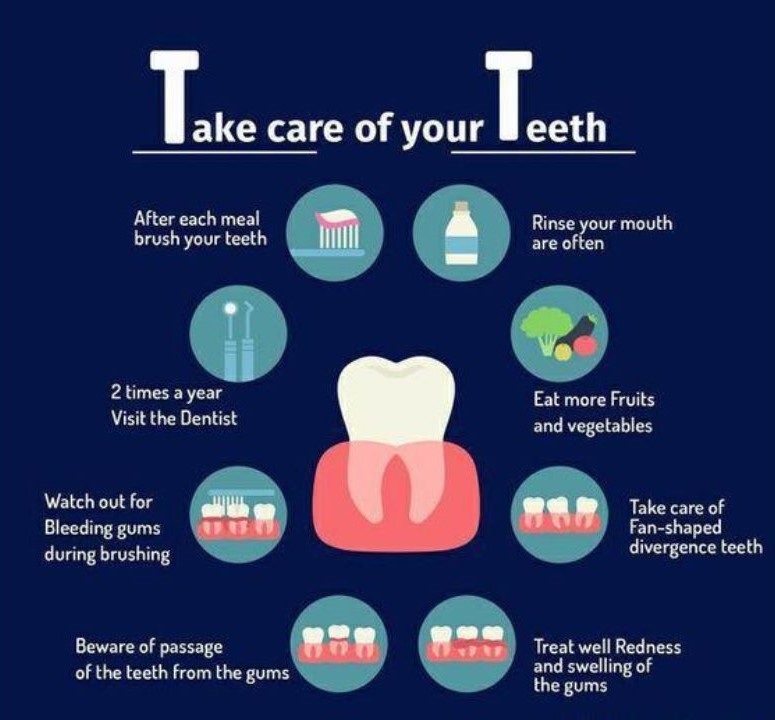
How To brush Your teeth
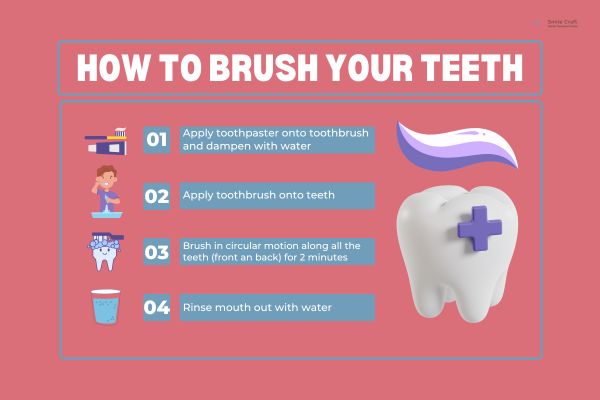
How To Prevent Dental Cavities
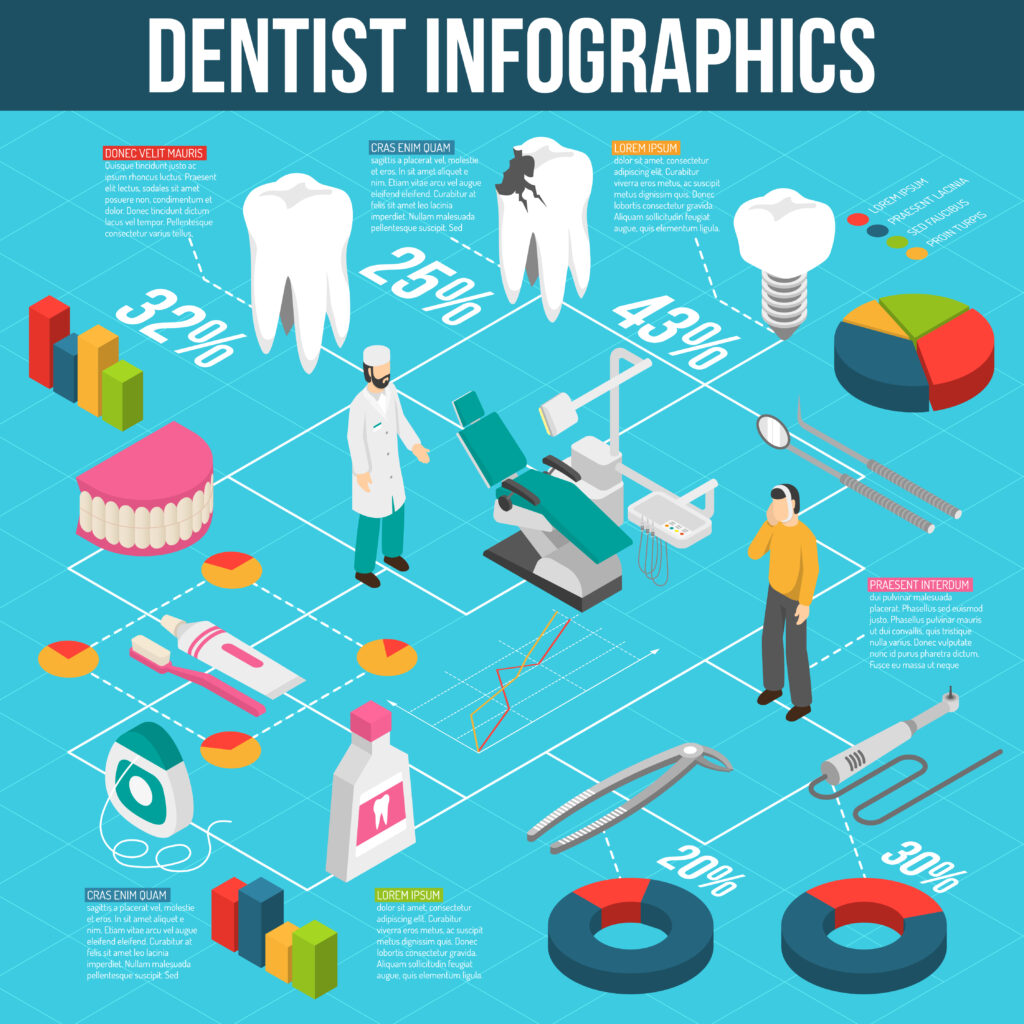
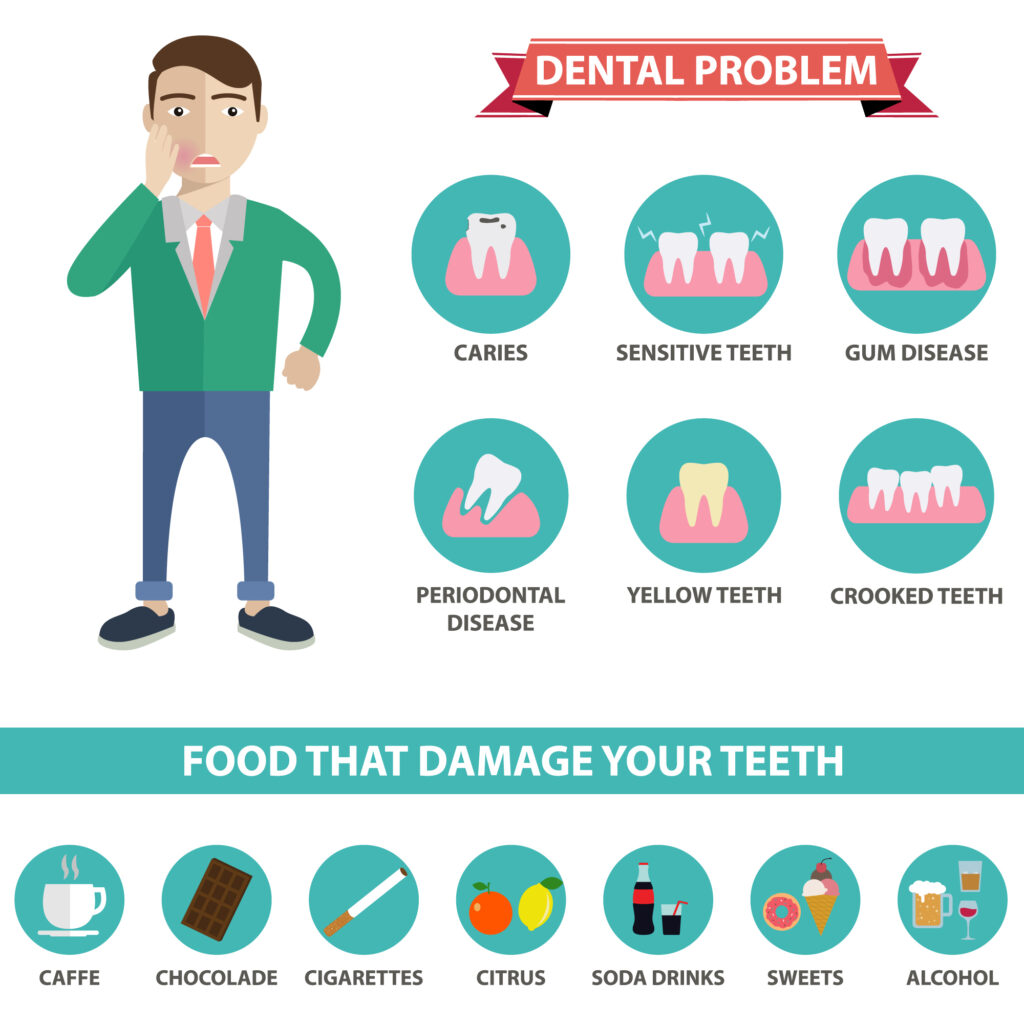
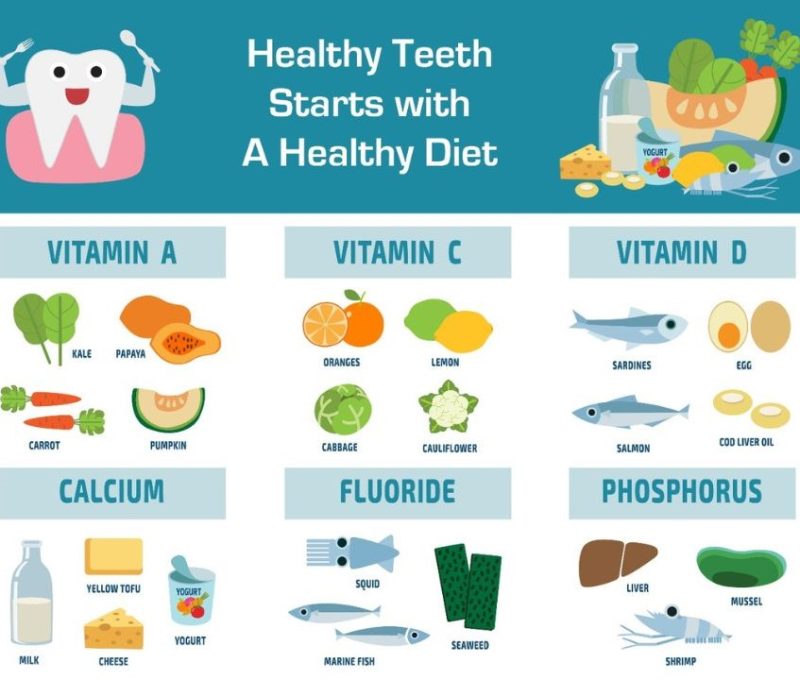
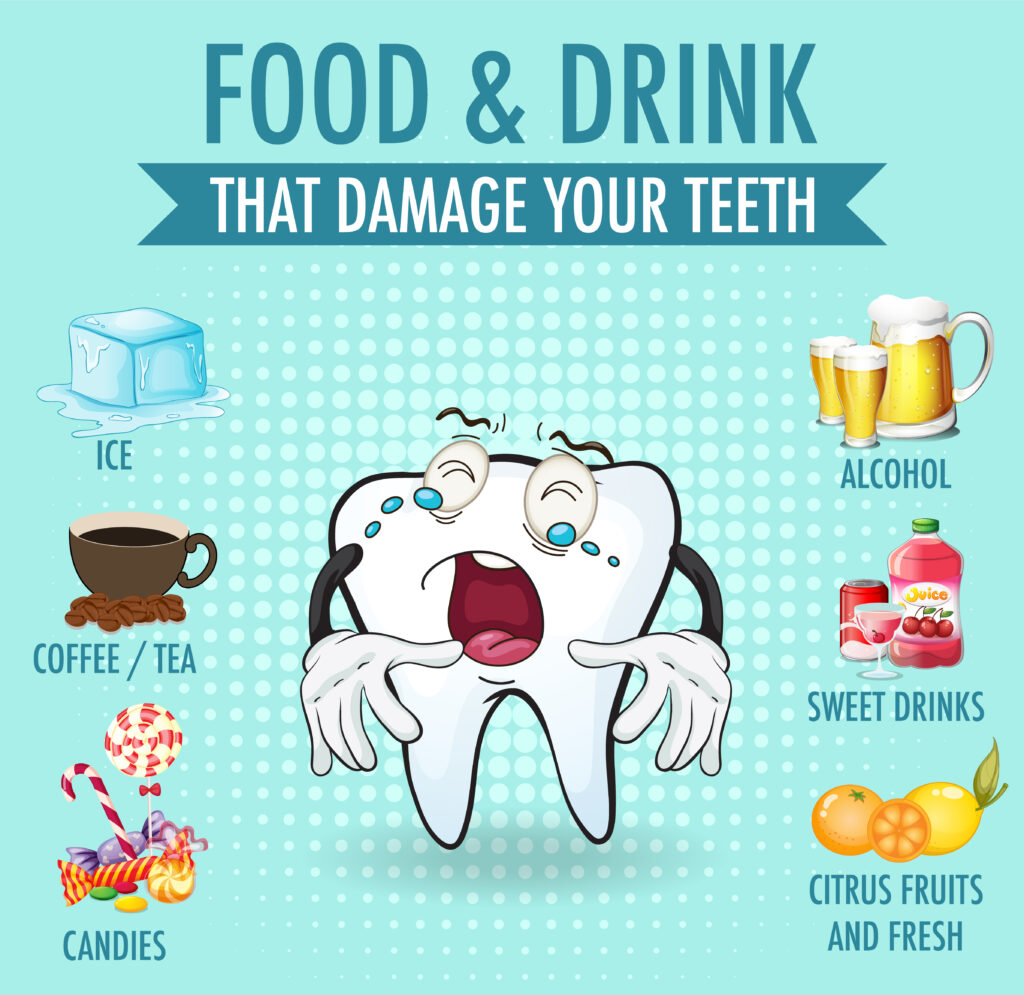
Brushing: Brush your teeth at least twice a day, preferably after meals, using fluoride toothpaste. Ensure you brush for at least two minutes each time, covering all tooth surfaces.
2. Flossing: Floss daily to remove plaque and food particles from between teeth and along the gumline. This helps prevent cavities in areas your toothbrush can’t reach.
3. Dietary Changes: Limit sugary and starchy foods in your diet, as they can contribute to cavity formation. Opt for healthier snacks like fruits, vegetables, and nuts.
4.Limit Snacking: Frequent snacking, especially on sugary foods, exposes your teeth to acid attacks more frequently. Try to limit snacking between meals.
5. Drink Water: Drink water after eating or drinking sugary or acidic beverages to help wash away food particles and neutralize acids.
6. Use Fluoride: Use fluoride mouthwash or rinse to strengthen enamel and make teeth more resistant to decay. Your dentist may also recommend fluoride treatments during dental visits.
7. Regular Dental Visits: Visit your dentist for regular check-ups and cleanings. Your dentist can detect early signs of cavities and provide preventive treatments like dental sealants or fluoride varnish.
8. Chew Sugar-Free Gum: Chewing sugar-free gum after meals stimulates saliva production, which helps neutralize acids and wash away food particles.
9. Avoid Tobacco Products: Smoking and using other tobacco products increase the risk of cavities, gum disease, and oral cancer. Quitting or avoiding tobacco is essential for overall oral health.
10. Protect Teeth: If you grind your teeth at night, consider wearing a nightguard to protect them from damage. Also, wear a mouthguard during sports activities to prevent injuries to your teeth.
11. Pregnancy and Infants: Pregnant women should take extra care of their oral health, as hormonal changes during pregnancy can increase the risk of cavities. For infants, avoid putting them to bed with a bottle containing anything other than water to prevent baby bottle tooth decay.

